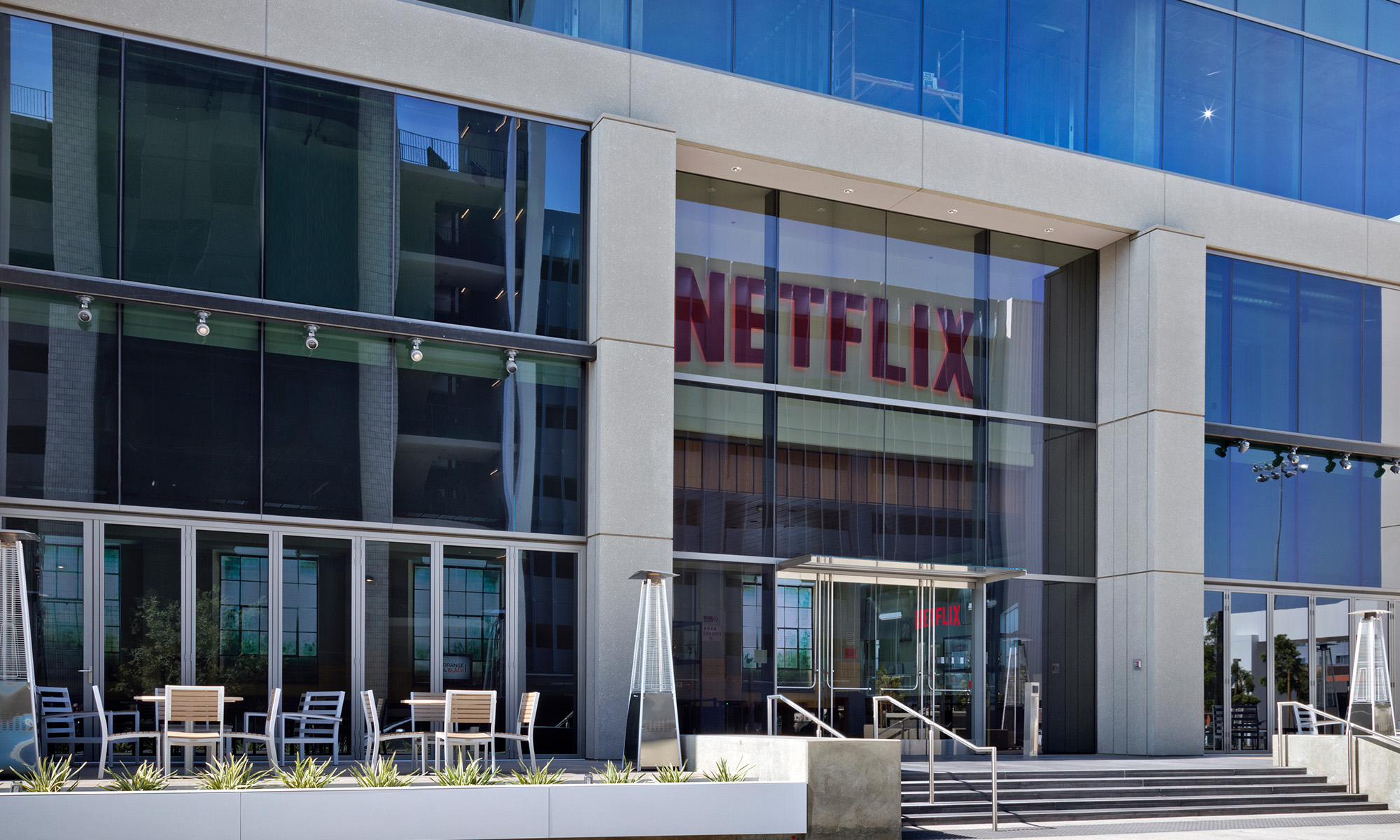There are three things to know about Netflix (NFLX +0.09%):
- Netflix tantalizes Wall Street because it possesses the qualities that every company craves: a rabidly loyal customer base, and prospects for continuing growth.
- Netflix bedevils Wall Street because those investors who didn't buy the shares at the bottom are now kicking themselves for squandering a made-to-order opportunity to make a killing.
- Netflix frightens Wall Street because, well, yes, this is one heck of a hot stock -- but can it possibly keep up its awe-inspiring pace?
Seldom before has the eternal question of bull or bear taken on such an interesting meaning with one company. This is a fascinating story stock, because you could make a convincing case to buy the stock or one to pass it by.
The bulls are excited about Netflix's customer growth and its success in presenting impressive original content. Meanwhile, the bears are worried that the stock has peaked. They fret that Netflix's growth may prove to be unsustainable.
I could imagine the warring factions engaging in their own version of the beer commercial's "Taste Great/Less Filling" endless barroom debate.
I'll say this for Netflix: It arouses stronger positive and negative feelings than any other stock these days. (Sorry, Apple -- even you trail Netflix in this category). Is there a more interesting stock right now anywhere on the Street?
Clearly, Netflix is tempting because of its recent run of huge success in the stock market. Through the first four months of this year, Netflix zoomed about 136%, compared with 16% for the same 2012 time period. By contrast, the benchmark Standard & Poor's 500 index rose roughly 11% over the first four months of both years. Oh, and don't forget that Netflix was the S&P's top-performing stock for the first quarter of this year.
For many investors, Netflix presents a paradox. Much of the time, we ponder a stock and are intrigued because it has failed to reach its potential. But with Netflix, the opposite is true. It has soared beyond most observers' expectations, and now the key question is: Can this stock somehow keep up the pace or, like Icarus, is it flying too close to the sun, and liable to crash down to Earth?
There are many significant reasons to believe the good times will continue. Competitively, Netflix is in an enviable position. Based on its results from the first three months of this year, it has more subscribers than Time Warner's HBO (29.2 million to 28.7 million).
Netflix is the most-watched "cable" entity in the United States. Households spend 87 minutes a day using the service, more than any other cable product.
From a financial point of view, it's also intriguing. Netflix's stock has a price-to-book ratio of 13.1, nearly equaling Amazon's 13.9. As Reuters noted when Netflix released its most recent earnings statement, "At least eight brokerages ... raised their price targets on the stock by as much as $75 to as much as $250."
Going by the facts, there appears to be more upside for Netflix stockholders because of the company's robust content lineup. House of Cards, starring two-time Oscar-winning actor Kevin Spacey, is Netflix's signature hit. Anybody who watched the recent White House Correspondents Dinner could see that the spoof video echoing House of Cards was a major event, and Spacey was regarded as Hollywood royalty.
Plus, Netflix boasts more exclusive content, such as Hemlock Grove, a 13-part horror series. Soon, the critics' favorite cult classic comedy series, Arrested Development, will come to viewers only on Netflix. In addition, Orange Is the New Black will arrive.
The facts don't lie. Netflix is the world's top Internet TV network, boasting more than 33 million members spread over 40 countries, watching more than 1 billion hours of TV programs and movies each month.
Netflix is smart to show an appetite for growth as a way to bury its occasionally unpleasant past. It is giving its already uber-loyal customer base additional reasons to stay in the fold. This is a far cry from Netflix's image in the summer of 2011, when CEO Reed Hastings announced what seemed, at the time, to be a rather imprudent price hike. Because Hastings made the call smack in the middle of a recession, at a time when consumers were counting their pennies for discretionary spending, Netflix appeared to be unfeeling, even arrogant.
To some seasoned investors, however, all of this good fortune can seem like as much of a cause for the jitters as for celebration. When something seems too good to be true on Wall Street, it's because the investment usually is just that.
Is Netflix representing a one-company bubble, which is capable of bursting and causing wreckage at any time? Ask Michael Pachter, who follows Netflix for Wedbush Securities. Pachter remains an unapologetic bear on the company.
On April 22, CNBC.com had Pachter saying about Netflix:
I think that all investors have to do is look at the last page of their investor letter, and you can see that revenue sequentially went up $49 million and content cost went up sequentially $16 million. That is unsustainable. If I can notice that in the first half-hour after the call, I think every content owner can see that. Netflix is not paying less for content. That's not sustainable.
What would it take for Pachter to admit he was wrong about Netflix?
On CNBC's program Fast Money, Pachter noted, "I think they have another quarter of this, and then if they continue to do this in the September and December quarters, I throw in the towel and I'm wrong."
But Pachter is concerned, for now, about Netflix' negative $41 million cash flow for the first quarter.
Explain to me how a company that loses $41 million a quarter is worth $12 billion. The only way they can do this is to exploit the content guys. It's not going to happen. The price of content's rising much faster than people think.
To sum up his skepticism, Pachter told CNBC, "I think people are buying into the house of cards that is Netflix."
Touche, Mr. Pachter.
Or is it? We'll see. It would be entertaining to watch a hard-bitten Wall Street analyst admit he was dead wrong about such a provocative stock. That spectacle would be what they call in the trade "great television!"
Why, you know what? It would be worthy of becoming a series on ... Netflix.






